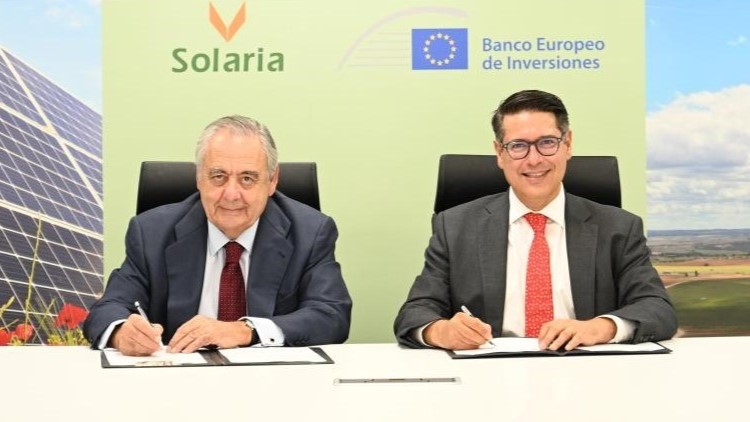The Diplomat
The political situation in Spain has become a common topic of commentary in recent weeks among the ambassadors accredited in our country, especially when they coincide in an Embassy reception, as The Diplomat has been able to confirm.
One of the tasks of the diplomatic representatives is to inform their respective capitals of the progress of the country in which they are accredited and, in the case of Spain, as some of them emphasize in private conversations, it is not easy for them to send information that can be understood.
To the ambassadors, especially those of the European Union, as some of them recognize to The Diplomat, it is complicated, for example, to explain how until recently Spain demanded the arrest of the former president of the Generalitat of Catalonia, Carles Puigdemont, fugitive to Belgium, and now, members of the Government in office, go to Waterloo to meet with him in search of his support to continue in La Moncloa.
The ambassadors, both European and from other parts of the world, have followed with interest the development, last week, of the failed attempt of investiture of the PP candidate, Alberto Núñez Feijóo, and are now preparing to do the same with the attempt of the Socialist candidate, Pedro Sánchez, once the consultations that His Majesty the King began this Monday take place. Questions about whether Sánchez will manage to form a new government or whether it will be necessary to go to new elections in January have been the most recurrent during the aforementioned receptions.
Another element of concern for the European ambassadors, both after the July 23rd elections and afterwards, was the development of the events of the six months of the Spanish Presidency of the EU. However, the comments of practically all of them are that the situation of political instability has not had an influence on the holding of the planned meetings, and they have even lavished praise, both in public and in private, on the organizers of the events.







